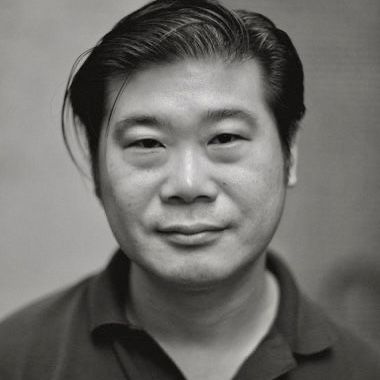Dislocation not a Downturn
There's never been a better time to be on salaried knowledge worker at a company with deep pockets, but if you're not—like me—then you've got the added burden of thinking about what the future will hold and what you do or don't need to be doing now to make sure you've got sufficient cash flow to weather the storm.
In doing so, it's important to acknowledge that we're not experiencing a "simple" downturn of the market, but rather a severe dislocation. Thus, while hunkering down might be a sufficient strategy if you have plenty of resources in the tank, you should consider that the ecosystem in which you operate may dry up.
So, how do you prioritize your work amidst a dislocation?
First, a reset.
Understand that right now, we just don't have enough information to project out any more than a week at a time with any certainty. Further, none of us know what we're really going to need. As such, you may need to loosen—if not reset—your expectations of others as well as of yourself.
What does this mean in practice?
It's highly likely that your user/customer-base no longer knows what it wants or needs. And so, you may need to engage them differently. Instead of asking how you can help, start offering things and see how they respond.
On a personal level, I don't think it's too early to think about relocation, for instance, if your personal circumstances or priorities might require that. Accordingly, switching targets to industries or sectors of the market that are in a position of strength, even if you thought it was a bad idea 12 months ago.
Second, what do you actually do?
This is really going to depend because everyone's situation is going to vary widely, but here's one way to think about it:
Pursue whatever will give you optionality, leverage or emotional energy.
Optionality usually refers to runway and cash in that you will naturally have more options available to you if you remain solvent. But the true intent is about opening up new possibilities that you didn't have access to before. That might mean re-tooling or developing a new skill. Or, it might mean creating an asset that facilitates access to new markets or new collaborators. What can you do that will result in more options than you have today?
Leverage is similar to optionality, but it usually refers to going deeper—investing more time and energy—on something that you've found to work well for you, because there's a clear return on it. It could also mean committing more deeply to new/existing relationships or partnerships. Or, securing a position in the market that will be advantageous to you down the road.
Emotional energy is often the one that gets overlooked, but it might be the most important. First, it requires understanding that one's emotional energy is finite—once it's spent, it's gone. One of the lessons learned from running Orbital was that I couldn't afford to get mad when I ran into a hurdle. I'd simply be burning the energy I'd need in order to resolve an issue. But I also believe that there are activities that you can do to recharge yourself, and it's a personal process to figure out what that is for yourself. I get energy from gatherings I've organized as well as helping others—all to a certain degree—and so budgeting time to do those things is a worthwhile use of my time.
This is just a framework, and it's likely that you'll develop ideas and strategies that fall into one or more of these buckets.
This also isn't meant to be a panacea or a well-lit path out of the mess that we're in, but it may be useful in terms of figuring out how to optimize your resources on a finite set of activities that will help you make forward progress.
